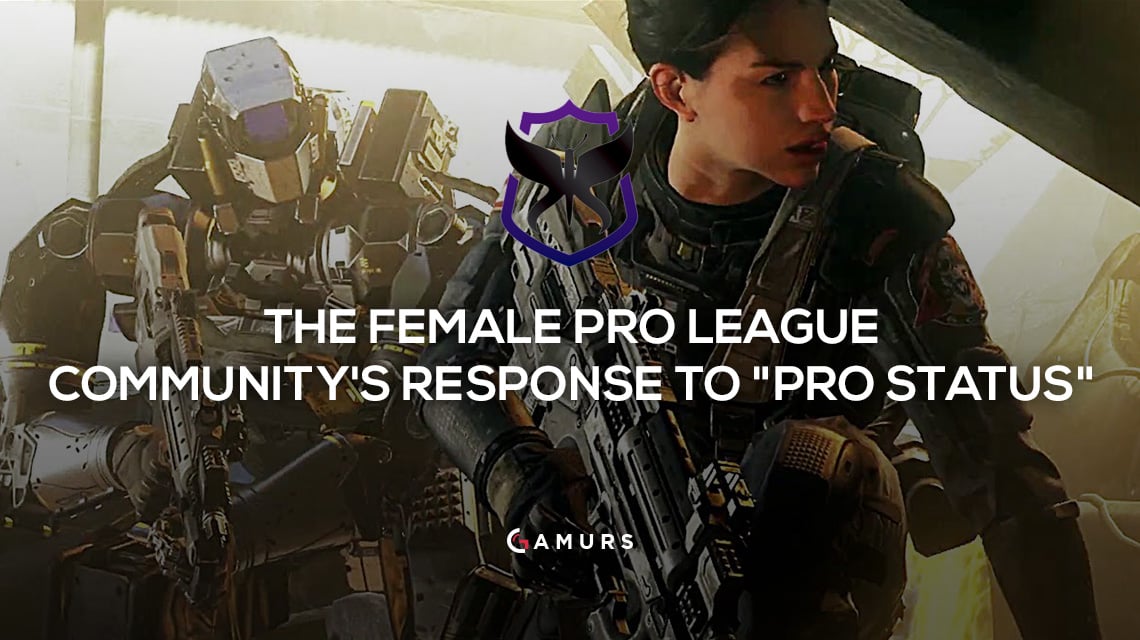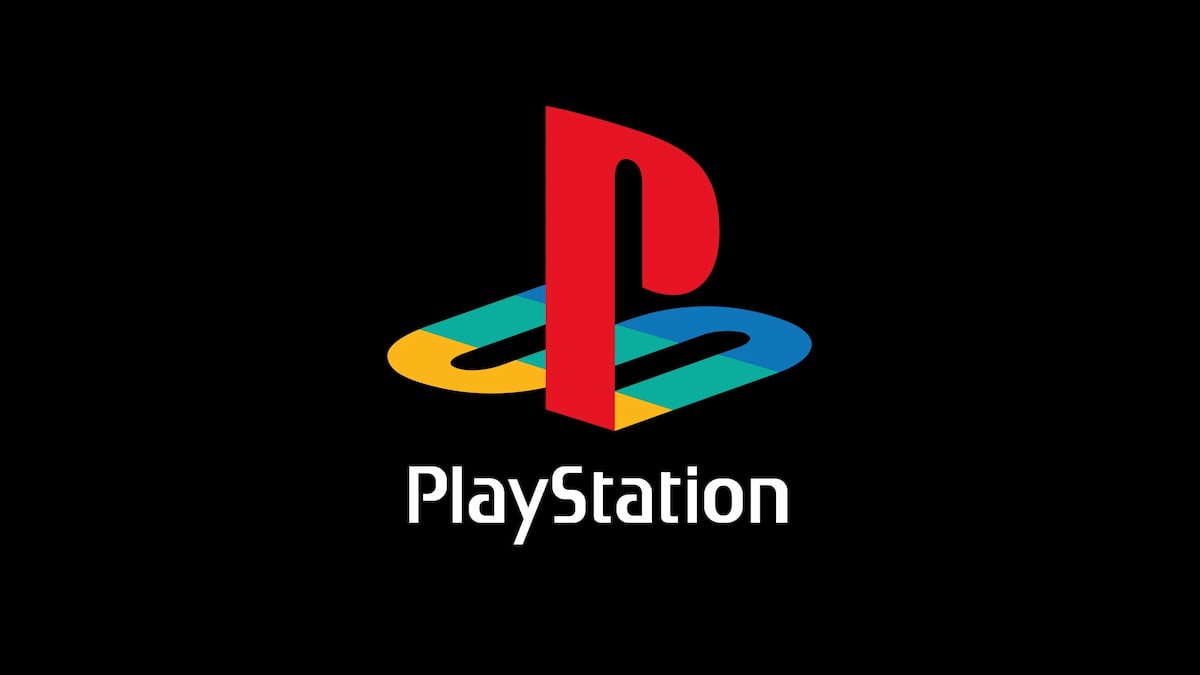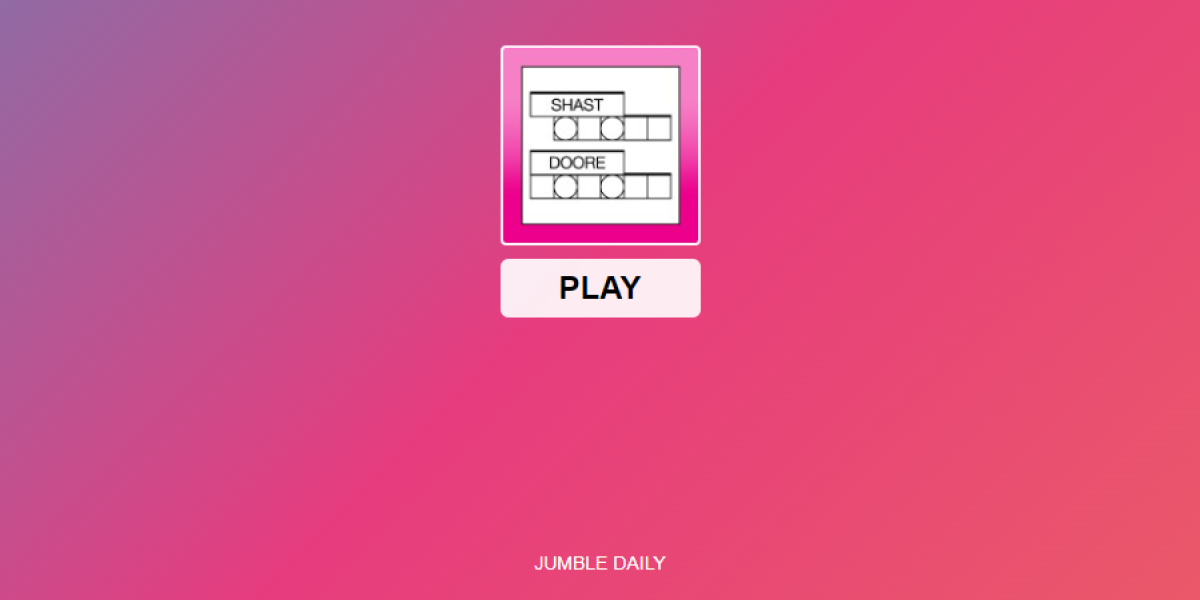What is the Female Pro League? Entering its third season in 2017, the FPL has offered a Call of Duty league solely for female competitors. With plans to expand into Halo for its third season, the league has grown into one of the most well-known organizations for female esports. An all-female league, however, is not without its troubles, especially in the male-dominated industry of esports. As there is a gender requirement to play in the Female Pro League, an argument one could pose is that it unfairly gives females “pro status,” and receive all the benefits of being a pro gamer without the work. Olivia “xPriismz” Parsons, President of the Female Pro League, confirmed that this kind of attitude exists in the general scene of esports, “but it’s a wrong one to have.” “These same girls who play in this league actually travel to LANs hosted by MLG and now UMG again, and try to also compete on the same level as the amateur and pro teams,” Parsons said. “So they aren’t taking advantage of the fact that they are a minority right now, they are just simply trying to create something where they are accepted and welcome to create a career.” In fact, the Female Pro League, in the eyes of the management, owners, and players in the community, is here to give female competitive gamers the tools, practice, and opportunity to advance in a field that is saturated by their male counterparts.
Emilia-Rose Worrall, a current FPL player for Barrage eSports, believes that the FPL is a “stepping stone” for females to get their shot in esports. “A lot of women are discouraged because of the harassment they see others receiving, and having the FPL in place might encourage them to try it for themselves in a place where they wont be harrassed or discouraged,” Worrall said. “I’ve already seen a lot of new faces come through the FPL in both sides (EU & NA) and found some real potential in a few of them.” Brent J. Beckner, CEO of the Roanoke Reign, has personal experience owning teams in the FPL, as when the Reign was known as Virtue Gaming, it had a team that competed in the FPL for two seasons. As for his reasoning behind sponsoring an FPL team, Beckner said that he also sponsored a male “event roster,” but felt that having that presence in the league helped them “grow the female community while shedding light on the amount of talent that remains in this market that has never been tapped into at this level previously.” “We wanted to be an organization in this scene that would treat female competitors equally and ensure that they were promoted and treated respectfully across the board,” Beckner said. Samantha “Songfully“ Hurt, a FPL competitor under Fury Gaming, believes that the FPL is a good opportunity for exposure, and “for those females that are younger and can’t compete in the CWL.” “It has brought a lot more females into the community to compete, which is great to see,” Hurt said. “But there is still a lot of room for growth. At this point, giving us that ‘pro’ title is just not very accurate and takes away from the skill/hard work of those who are actually pro in the CWL.”
That title of “pro” in the league may give the impression that competitors would receive “pro status” such as that given to professionals in the Call of Duty World League. Much like what Hurt said, however, the players and management interpret the FPL as the “pro” scene for female gamers, rather than the general meaning of a “pro player.” “Pro status is determined by if you can make a living off of competing, like people in the CWL do, you can’t make a living from playing in the FPL,” Worral said. “We aren’t salaried players with insane amount of prize pools. high placements in a league obviously help towards that, but its not the defining factor.” Selena “Selly“ Martinez is a two-time FPL champion who has stuck with Riot Gaming since its first championship season. Even though this team is a dynasty within the FPL, Selly does not consider herself a professional, and says the general community consensus is that a “pro” in CoD plays “in the CWL or consistently places top eight at LANs.” “However, if we look at sports, we have the NBA and the WNBA. The players in the WNBA are still considered professional basketball players even though it is incredibly likely they would not be able to keep up with any of the teams in the NBA. However, physical sports have male and female leagues due to physical limitations. In video games, those factors do not matter, which is why most male players don’t think there should be a separation of gender. I think the general consensus within the FPL is that most players do not consider themselves to be a pro until they accomplish what the rest of community believes they need to in order to make that huge step,” Martinez said. “The FPL is just out here to help females get the exposure they need,” Jasmine “Jazzberry” Graham said. “To help the female community grow. None of us consider ourselves pro, we consider ourselves players trying to make a name for ourselves.” Graham is another FPL veteran who has played at 10 different LAN events, spanning from MLG to NJrod and UGC. With that wealth of experience, she recalls having to deal with harassment at events with her female teammates. “When I first started playing at LAN, I started out with an all female team, and Priismz was one of my teammates,” Graham said. “We got ridiculed by people saying, ‘Oh this team is going to get double first rounded because they’re all female,’ and that’s not right. We ended up not getting double first rounded and proved some wrong. Females have the same opportunity to play just as well.” In terms of the concept of “respect,” Graham was clear that gender should not influence how someone perceives how well someone can game. “I think we should get as much respect as the next person, because honestly, some of us are trying to make it out just as much as any other person, and because the fact that we are females shouldn’t change that factor,” Graham said. And as for those who are against a Call of Duty or Halo female league, Graham is one to turn the questions on the community: “The real question is, is why can’t console gamers accept the fact that there’s a female league? Plenty of CPU games have female leagues. Is it because the word ‘pro’ is in the title?”
Speaking on a previous article written about GAMURS, Parsons felt that there was “misinformation” regarding how the Female Pro League community perceives itself. With backing from the players and owners, Parsons said that at the end of the day, they just want to “just to give the girls the opportunity to make a career out of this.” “(The article) created this image like any female that plays in this league is pro, or that they consider themselves pro, but that isn’t the case,” Parsons said. “It’s just the name of the league, and has nothing to do with pro status. It sounds like we feel like we are entitled to be respected as a pro, when we simply just have an opportunity to make money for playing games and getting spotlighted for it.” The spotlight will be on the FPL once again starting with the Call of Duty Qualifiers on Feb. 24, with plans to have 12 teams in the league. Parsons mentioned that the league “may allow 16, since there are plenty signed up” for the Call of Duty league, and although it will be the first year the FPL will have Halo as a “trial run,” the FPL is looking to expand into other games in the future.
What are your thoughts on the Female Pro League? Let us know in the comments below or tweet us @GAMURScom. James Mattone is a journalist for GAMURS and can be contacted on Twitter – @TheJamesMattone.






Published: Feb 4, 2017 08:52 pm